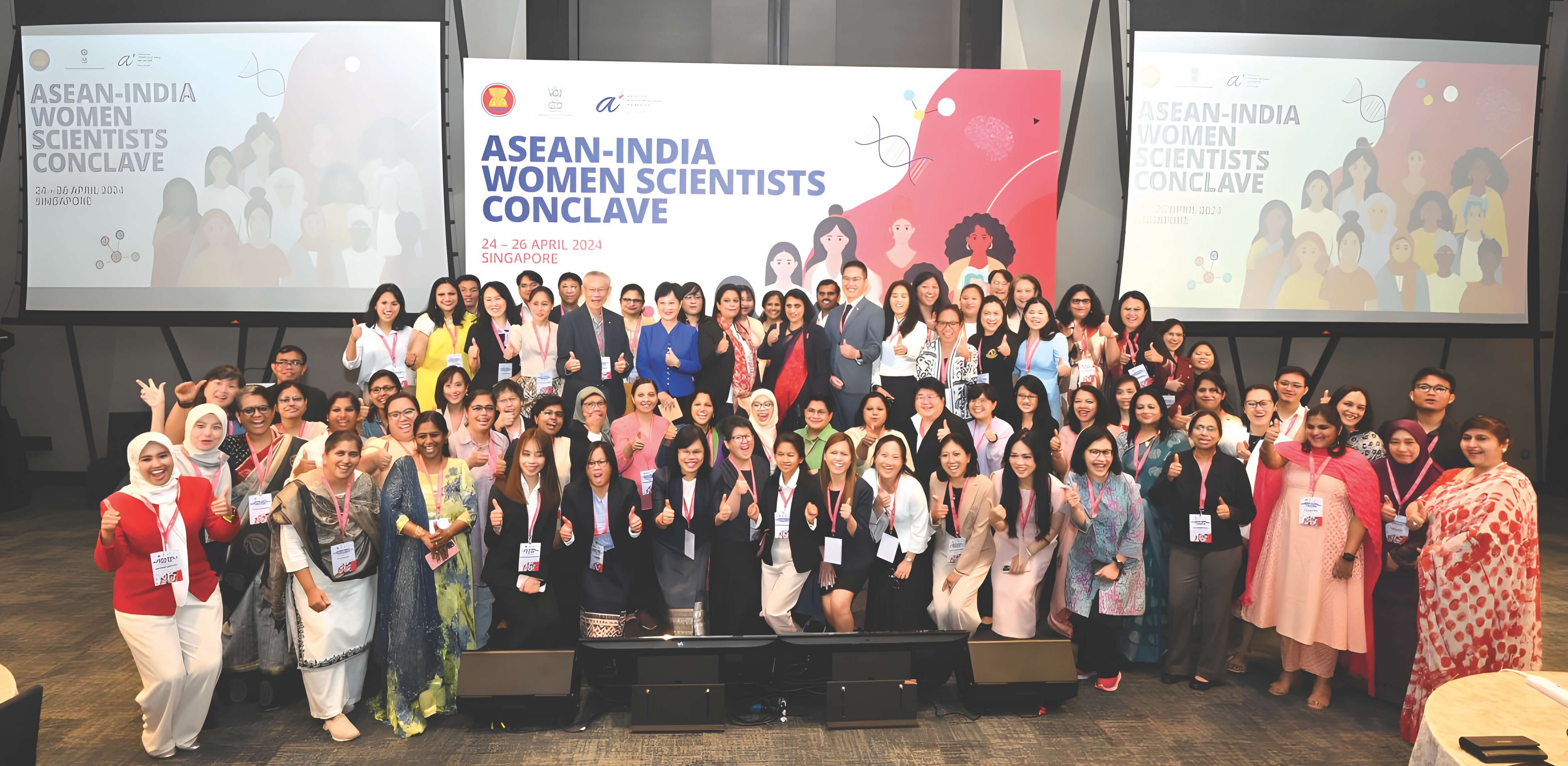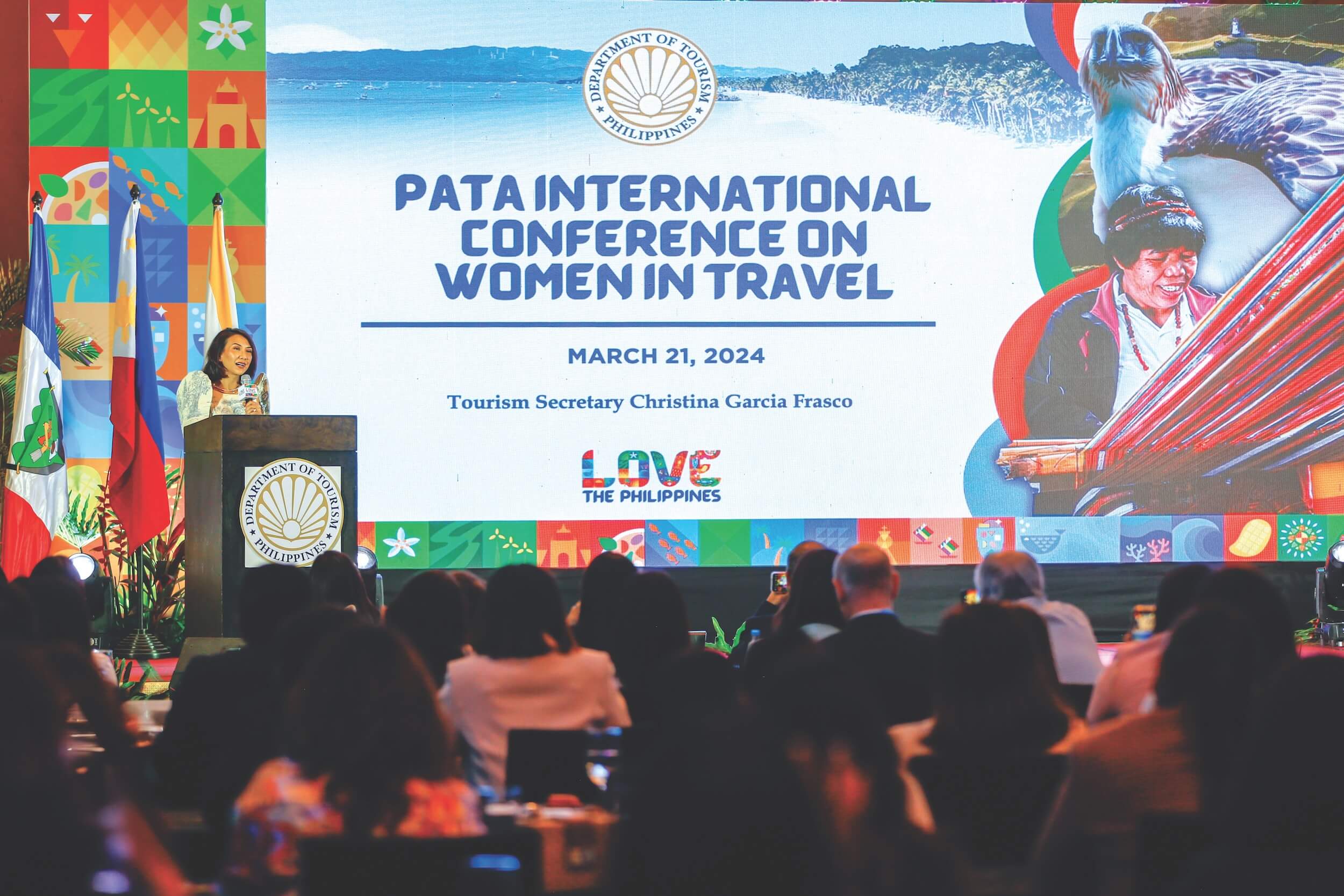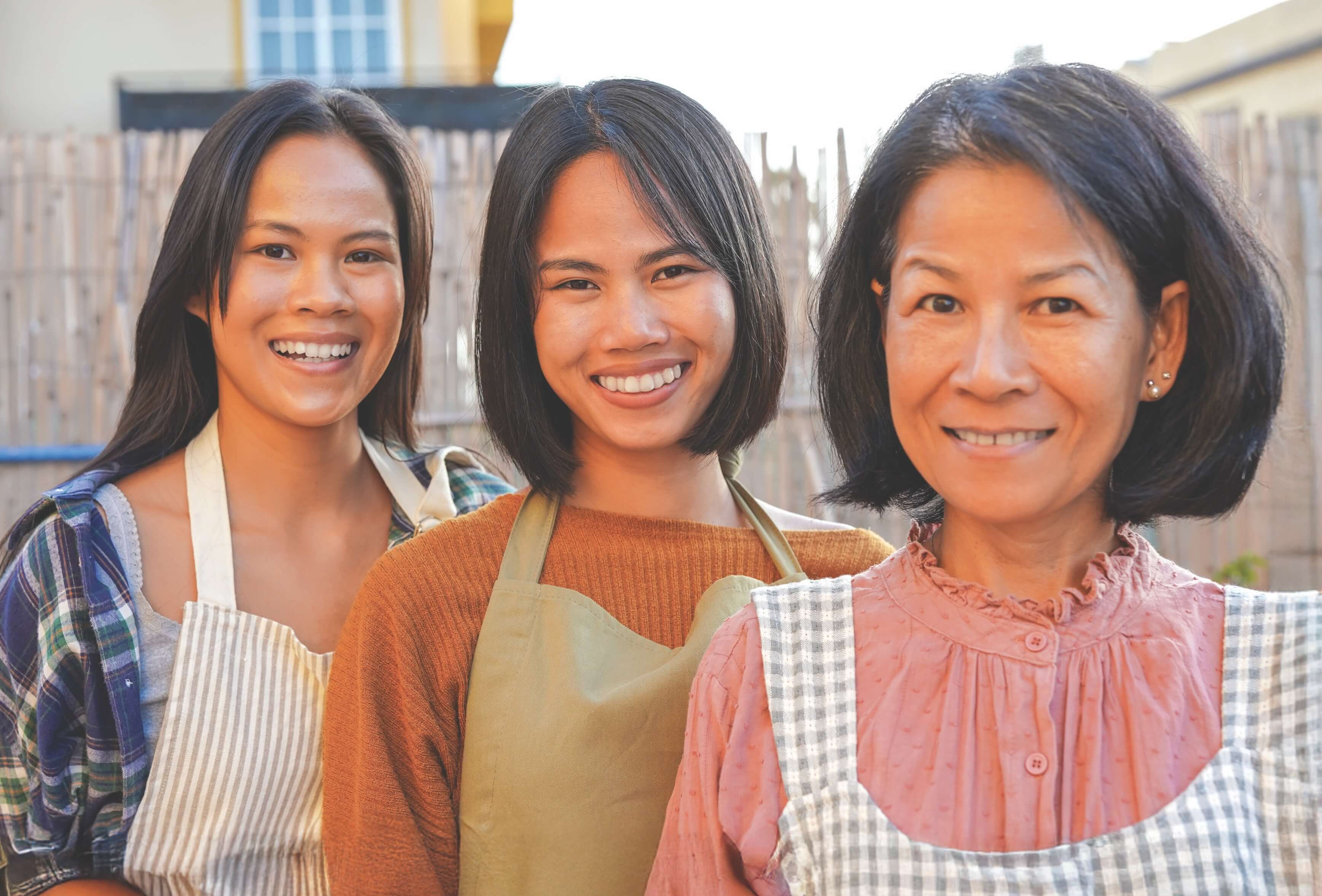



Southeast Asia is Ageing Rapidly
Population ageing, a demographic transition resulting from declining fertility rates and rising life expectancy, reflects the significant achievements of many countries in the areas of quality of healthcare and human development.
While the median age of our world’s population has been increasing, the speed of this increase is remarkably rapid in Southeast Asia. The region is home to nearly 74.5 million older persons aged 60 years old and above in 2020. According to the publication, Ageing, Older Persons and the 2030 Agenda for Sustainable Development by the United Nations Department of Economic and Social Affairs (UNDESA), the population of older persons in Southeast Asia is projected to increase 2.4 times by 2050, reaching 176 million. Between 2020 and 2050, the total population of the oldest-old (above 80 years old ) is also expected to increase almost fourfold from 8.2 million to 32.4 million, with major representation from older women and countries like Singapore and Thailand. By the end of the century, according to a forthcoming International Labour Organization (ILO) publication, even Southeast Asian countries with a large youth population, like Cambodia and the Lao People’s Democratic Republic, will have an ageing population.
With rapid population ageing, strengthening social protection of older people alongside economic development presents an urgent challenge in Southeast Asia. In this article, we highlight the imperative to do so, outlining sources of financial and social vulnerability among older people alongside relevant action that has been taken in the region.
Older Persons are Financially Vulnerable, Particularly Older Women
A key vulnerability is the financial insecurity of older persons in many Southeast Asia countries. Without adequate social protection, financially insecure older persons are at risk of falling into poverty. In Indonesia, for example, more than 30 per cent of older persons are poor; this increases with age due to reduced opportunities and capacities for income generation, according to a 2017 UNESCAP report.
Based on ILO figures from 2017, only 31.5 per cent of the population receives an old age pension in Southeast Asia. Among the ASEAN Member States, the share of older persons receiving a pension varies significantly, ranging from 81.7 per cent in Brunei Darussalam and 83 per cent in Thailand, to roughly 40 per cent in the Philippines and Viet Nam, and substantially less in Cambodia, Indonesia, and the Lao People’s Democratic Republic, based on the same ILO report.
Women, however, bear the brunt of old-age poverty, due to their longer life expectancies and relatively lower formal labour participation rate. For instance, in the Philippines, 53.2 per cent of older men and only 29 per cent of older women are covered, highlighting gender inequalities within countries in the receipt of old-age pensions.
As a result, many older persons, particularly older women, are financially dependent on their family. A 2017 study by HelpAge revealed that 67 to 79 per cent of older persons in Thailand and Viet Nam receive income from their children. In the Philippines, meanwhile, a local study showed that more mothers than fathers (70 per cent vs. 55 per cent) receive monetary support from their children. This kind of family support, however, is under threat as family size declines. Income transfers from family as the main source of income dropped from 84.3 per cent in 2000 to 72.9 per cent in 2010 in Singapore.
Social Pension as a Lever: Progress and Policy Gaps
Over the years, there has been significant progress in strengthening the pension system for older persons in Southeast Asia. In particular, a number of ASEAN Member States introduced non-contributory social pension programmes. These are Brunei Darussalam, Indonesia, Malaysia, the Philippines, Viet Nam and very recently, Myanmar. HelpAge, a global network that promotes the rights of older people, notes that social pensions now make up more than half of the total pension coverage of older persons in Thailand and Viet Nam. From a gender perspective, social pensions are particularly important for women as they are more likely to receive social pension than earnings-related pensions.
A forthcoming ILO publication on old-age income security in ASEAN Member States, aptly notes “pensions still have a limited role in guaranteeing income security in old age for many ASEAN countries,” and stresses the importance and urgency of reducing the old-age coverage gap (mainly through social pension), increasing benefit adequacy, and ensuring the financial sustainability of pension systems.
Even in countries with extensive population coverage, the pension provided to older persons often does not meet the minimum amount for subsistence. As a result, a sizable proportion of older persons cannot afford to retire and continue to work in vulnerable, low-paid, and insecure jobs. This imposes extra challenge to older women who are mostly informal workers, with lower pension entitlement and benefits.
In countries such as Singapore with no basic non-contributory pension, public social assistance schemes for lower-income older persons are often tied to proof of household income and inability to obtain income support from family members. Cases of voluntary exemption of subsidies are therefore not uncommon, particularly in the face of dysfunctional family relationships that impose strain on proving household income, as well as wider issues of pride in an Asian context where filial piety from one’s children imbues high social status.
Long-Term Care: Quality Regulation and Addressing BioPsychoSocial Needs
Beyond providing pension schemes, strengthening long-term care systems is an important element of social protection for older people. While older persons are living longer, they spend significant years in disability, highlighting the need for quality longterm care. In Myanmar, nearly 40 per cent of persons in their early 60s and 90 per cent of those in their 80s and older reported at least one physical difficulty. In the Philippines, a local study noted that 22 per cent of older persons have difficulty performing activities of daily living. Functional disability is also higher among older females. In Indonesia, one out of three older persons relies on others for activities of daily living.
Despite the rapidly rising demand for long-term care, challenges remain in providing quality care that addresses the biopsychosocial needs of older persons. These include the virtual non-existence of national legislation of long-term care in the region, healthcare financing systems that favour acute care, and a shortage of trained manpower. For example, while Singapore’s and Thailand’s current long-term care policies are focused on supporting informal home care and informal community-based care, both countries have yet to enact a national legislation on long-term care for older persons. In terms of healthcare financing, in the Philippines, while all older persons are mandatorily covered by its national health insurance programme and universal health care programme, specific long-term care services are still underdeveloped.
As a result of underdeveloped long-term care systems in the region, family members—and in the case of Singapore, foreign domestic helpers—are often the main providers of this service. This is despite the rising trends of international migration and smaller family sizes. Caregiver burden and isolation as a result of providing around-theclock care can affect quality of care, particularly in maintaining the mental health of the older person being cared for.
Tsao Foundation’s Regional Initiative and Success in Strengthening Social Protection of Older People
Based in Singapore but regionally oriented, Tsao Foundation seeks mindset and systemic change to positively transform experiences of ageing and opportunities associated with longevity. This is through a focus on implementing innovative models of community-based care, training and education, policy-relevant research, and collaboration and advocacy. In the areas of social protection, the foundation has been working collaboratively with Singapore and regional partners to enhance financial security and long-term care for older persons in Southeast Asia, particularly older women.
Our regional initiatives on financial security started when the International Longevity Centre Singapore (ILC-S) within Tsao Foundation organised the first regional meeting on the financial security of older women in East and Southeast Asia. The meeting culminated in the formation of a regional learning network, which brought together non-government organisations, policy think tanks, international organisations, and leading academics from ASEAN Plus Three (10 ASEAN Member States plus China, Japan, and Republic of Korea), to pledge action on promoting financial security among older women.
In 2018, ILC-S launched the first comparative study to assess the state of financial security of older women in Indonesia, Malaysia, Myanmar, Philippines, Singapore, and Thailand. The Singapore Alliance of Women in Ageing was formed by ILC-S in Singapore, composed of Tsao Foundation, Association of Women for Action and Research, Singapore Muslim Women’s Association, and Singapore Council of Women’s Organisation. This year, ILC-S is piloting a gender and ageing mainstream project to promote f inancial security of older women (Pro-older Women Project) in Thailand and the Philippines, with plans to extend this to other ASEAN countries.
Within Singapore, ILC-S was commissioned in 2017 to conduct a study on the effectiveness of government matched savings as a scheme to increase the savings of low income older women in Singapore. The recommendation of the study was adopted into a new Matched Retirement Savings Scheme, which is now part of Singapore’s 2020 budget.
Through a 2019 minimum income study done by local academics to assess the sum required for basic living in Singapore, it was found out that the minimum sum required (1,379 Singapore dollars per month if single; 2,351 Singapore dollars per month if a couple) fell vastly short of that provided by public assistance schemes, and contributory retirement pay-outs through the Central Provident Fund for low-wage workers.
Tsao Foundation has also been working since 2016 with the Asian Development Bank, as its centre of excellence and knowledge partner, in building the capacity and capability of six middle-income countries in the Asia Pacific including Indonesia, Thailand, and Viet Nam to set up a long-term care system. We continue to be an active partner of the ASEAN in committing to promote a gender-responsive and life-course approach towards a dignified old-age in the region.








